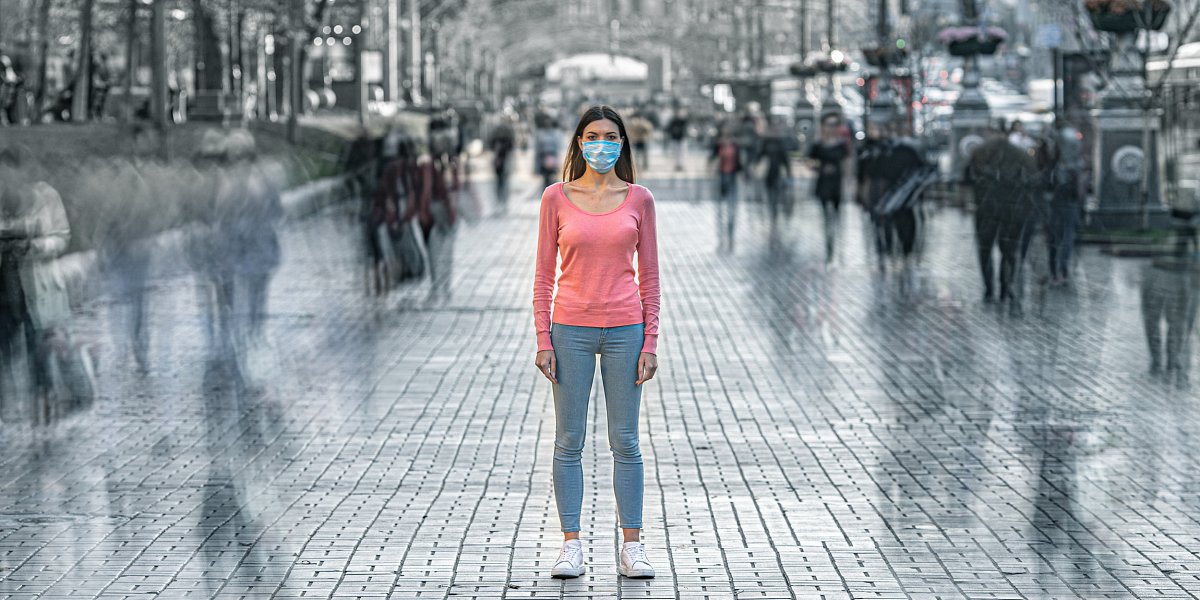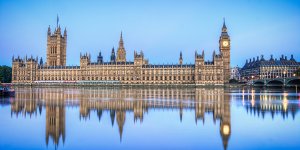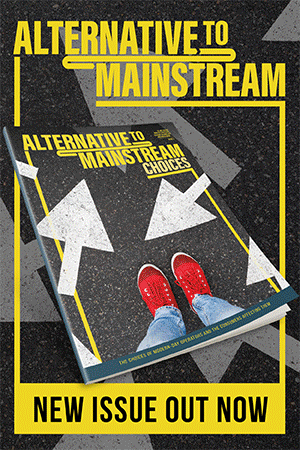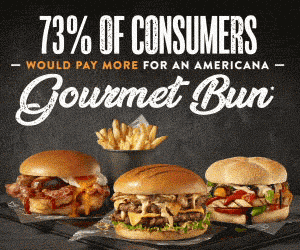Legal: Restrictions removal
Piers Warne, legal director at UK law firm TLT, looks at Step 4 in England: what’s changed, what’s required and local enforcement.
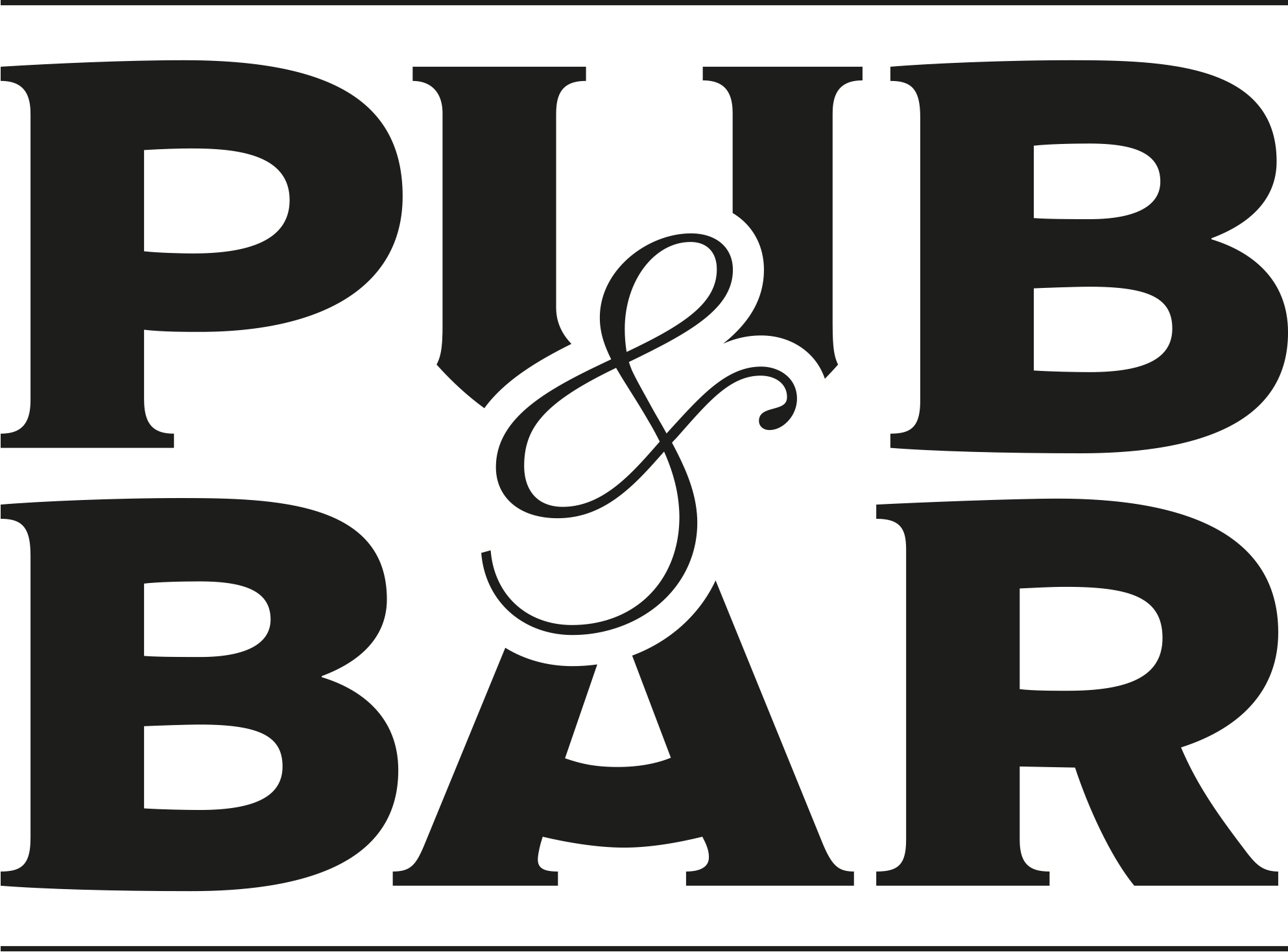
Piers Warne, legal director at UK law firm TLT, looks at Step 4 in England: what’s changed, what’s required and local enforcement.
With the government announcing the removal of all remaining restrictions on hospitality in England, businesses that haven’t been able to open since March 2020, as well as those that have suffered from restrictions when reopening, will be able to throw off the shackles… at least in theory.
As always, the devil is in the detail and there are caveats attached. This article looks at what’s changed, how the government’s ‘Working safely’ guidance will impact risk assessments, and what pubs and bars can expect from enforcement officers.
What’s changed?
From Monday 19 July:
- All remaining limits on social contact will be removed
- All venues will be able to open, including nightclubs. Large events, such as music concerts and sporting events can resume without any limits on attendance or social distancing requirements
- Regulations that place Covid-secure requirements on businesses, including table service and distancing between tables, will be lifted
- The legal requirement to wear a face covering will be lifted in all settings
- Social distancing rules will be lifted
- Covid status certification will not be required in law as a condition of entry to any setting
- All restrictions on life events such as weddings, funerals, bar/bat mitzvahs and baptisms will be removed. There will be no requirement for table service, or restrictions on singing or dancing.
What will be required from pubs and bars?
Businesses have duties to protect their customers and staff as far as practicable. The onus will be on operators to ensure that risk assessments are robust enough to anticipate the problems that may arise. ‘Working safely’ guidance will be updated shortly to provide ‘examples of sensible precautions’ that employers can take to reduce risk in their workplaces. It will be expected that this will cross over into customer behaviour, given that one cannot be disassociated from the other in hospitality venues.
Employers will be expected to take account of this guidance in preparing the risk assessments they are already required to make under pre-pandemic health and safety rules. This will include:
- Advice that wearing a face covering will reduce the risk to staff and customers where they come into contact with people in enclosed and crowded spaces
- Permission to ask visitors for proof of Covid status, as long as doing so meets existing legal obligations including under equality law. This can include evidence of a full vaccine course, a recent negative test, or proof of natural immunity – most likely through the NHS app
- Encouragement to ask staff and customers to clean their hands regularly and clean surfaces that people touch regularly
- Encouragement to use outside space where practical, and to consider the supply of fresh air to indoor spaces
- Encouragement to display QR codes for customers to use to check in using the NHS Covid-19 app, to support NHS Test and Trace.
Businesses must not require a self-isolating worker to come to work and should make sure that staff and customers who feel unwell do not enter the premises. They must also consider the risks of close contact with others, particularly the clinically extremely vulnerable or not yet fully vaccinated.
Local enforcement
Based on previous experience, we can expect some enforcement officers to ask to see what measures are being put in place to manage Covid risks and to challenge staff and management to ensure these measures are followed – even where there is no force of law behind the proposals.
For example, throughout the pandemic, some officers have insisted that staff ask anyone claiming to be exempt from wearing a face covering to prove it, despite the obvious difficulties. With no backing of the law, it will be down to each operator to work out where to draw the line between ensuring customers and staff feel safe and protecting staff from confrontations with intransigent customers.
The question then becomes what action premises can expect from officers if conflicts require the involvement of regulatory services. We can only hope that officers will understand the difficult situation operators are under concerning ‘self-policing’ their own policies, and act accordingly.
Neighbour relations
Likewise, the government is still pushing the message of ‘outside where possible’, which for some has directly led to confrontations and issues with neighbours. With the removal of the regulations, this message may find little sympathy with neighbours or enforcement officers.
Therefore, businesses that are keen to push activities back inside to reset relations with their neighbours may find that they are between a rock and a hard place. For some, it will be a struggle to ensure proper ventilation in premises where conditions require windows and doors to be shut, for instance. Businesses will need to think carefully about how to strike the right balance.
What is not yet clear is how all of this will be interpreted by enforcement officers on the ground. We have already seen some police forces and licensing authorities taking a very robust line on Covid breaches e.g. bringing premises licence reviews or removing licences altogether. While it may no longer be a ‘crime’ not to have a proper risk assessment and implement Covid-secure measures, the ‘public safety’ licensing objective may still be cited as a reason to bring action against a licence holder if officers decide there is not sufficient mitigation, leading to an increased risk of outbreaks.
How this all plays out will depend, in part, on government messaging. Kit Malthouse’s letter to chairs of licensing committees across England and Wales early in the pandemic helped to set out government expectations for officers to work with businesses. Something similar would be a positive start – especially for those businesses opening for the first time in over a year.



